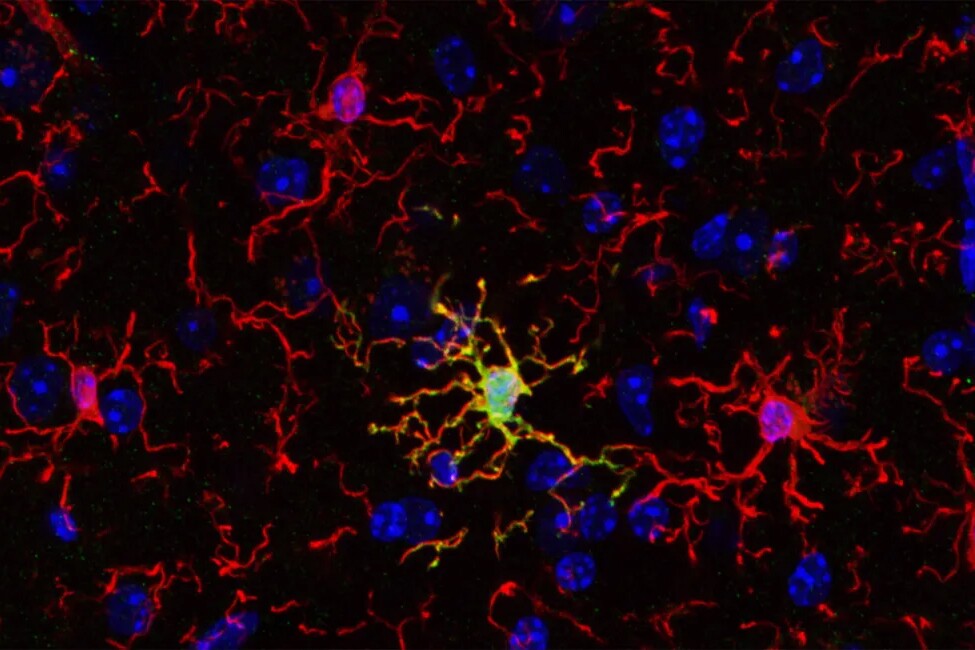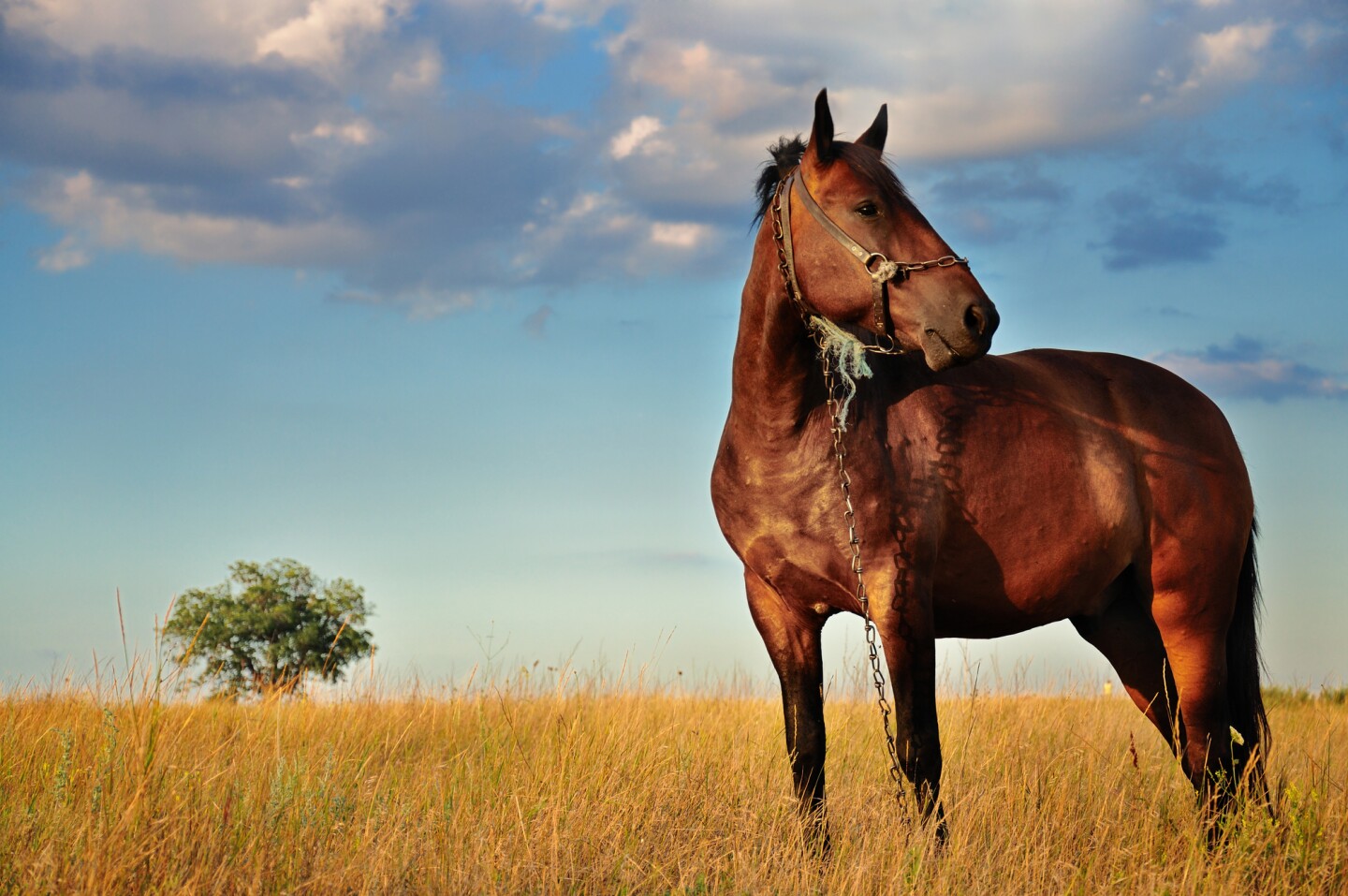Plunging beneath the freezing sea to combat antibiotic-resistant bacteria
Science’s war against the super-small and, sometimes, super-deadly bacteria that have evolved to resist destruction by antibiotics may have just enlisted new, unlikely allies: invertebrate creatures living in the frigid depths of the Arctic Ocean.Conti… Continue reading Plunging beneath the freezing sea to combat antibiotic-resistant bacteria


